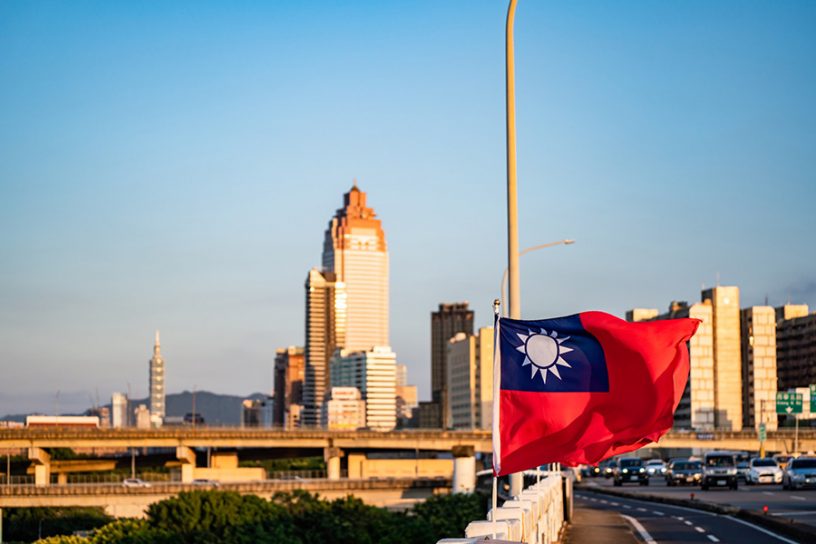
For China to forcefully re-unify Taiwan as part of its territory will be a grave violation of the right to self-determination of the Taiwanese people.
Authors
Prabhash Ranjan, Professor and Vice Dean, Jindal Global Law School, O.P. Jindal Global University, Sonipat, Haryana, India.
Aman Kumar, Assistant Professor, IFIM Law School, Bengaluru, Karnataka, India.
Summary
As a reaction to the visit of United States House Speaker Nancy Pelosi to Taiwan, China has been conducting provocative military drills in the Taiwan Strait. Chinese drones have been intruding on Taiwan’s airspace, which forced Taiwan to shoot down a drone recently. While the world assesses the political and economic costs of a revisionist China that will not shy away from using force to achieve its territorial ambitions, an important question is will Beijing’s use of force against Taiwan be consistent with international law?
One of the scathing criticisms of the League of Nations (predecessor of the United Nations) was that it failed to outlaw war. This failure was partly responsible for the Second World War, after which the UN was established. The Charter of the UN outlaws war in clear terms.
This is evident from the Preamble and Articles 1 and 2 of the Charter. For example, Article 2.4 states that “All members shall refrain in their international relations from the threat or use of force against the territorial integrity or political independence of any state.” The only situation where the UN Charter allows for war is those given in Article 51, which recognises the “inherent right of individual or collective self-defence if an armed attack occurs” against a UN member state. Two points must be noted here: First, the provisions relate to a “state”, and second, the right of self-defence is triggered only in the case of an “armed attack”.
Published in: The Indian Express
To read the full article, please click here.


